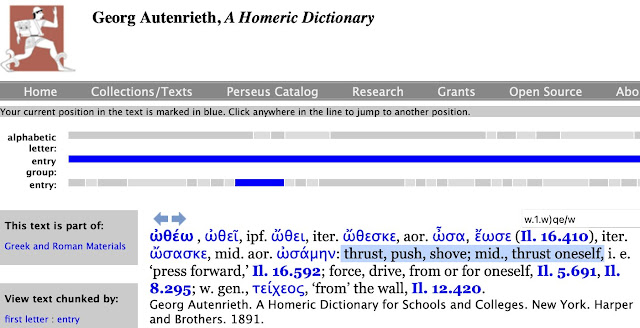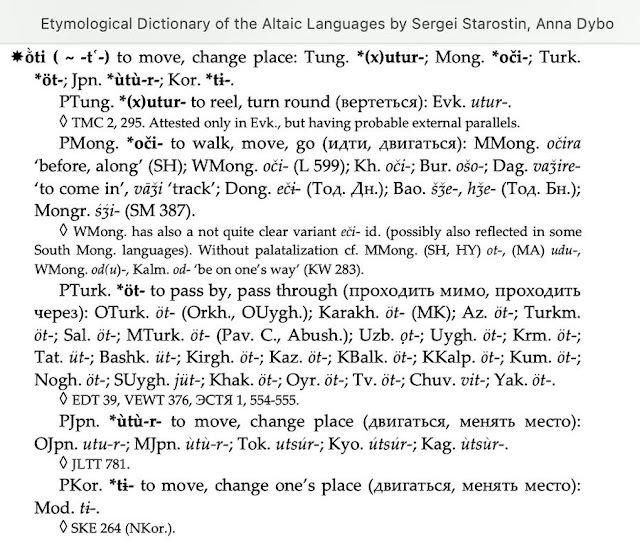 |
| The Geography of Strabo |
*
Bu bilgi hemen hiçbir yerde yok!
Strabon İberya'daki ulus ve yer adlarını anar:
Onoba, Ossonoba, Mainoba...
Hepsi çok güzeller ama en güzeli Toygenians!
Haklarına adlarından başka hemen hiçbir bilgi yok. Alpin/Germanic filan diyor otoriteler.
Ama Toygun/Toygın ise taş gibi Türkçe!
İlkin İberya ve Türk runlarına bakalım:
 |
Iberian Runları
* |
 |
| *Türk runları |
Bu Türk runları ve İber runları hemen hemen aynı, aynı veya çok benzerdirler.
İber ve Türk runlerı arasında pek çok benzerlik açıktır. Attila'nın kendine ait bir alfabesi olduğunu biliyoruz. Attila ile Strabon arasındaki zaman farkı da çok fazla değil.
Peki o dönemde İber yarımadasında Türk boy isimleri ve Türk yer adları görmek, ve bu adları veren Türk asıllı insanların bulunduğunu neden düşünmeyelim?
*
Türkçe "toy" sözcüğüne gelirsek!
Toygenians ulusu için şu aşağıdaki
Türkçe sözcükleri kök olarak öneriyorum:
toy: genç;
toy-: doymak;
Toygun/Toygın: yırtıcı bir kuş;
Tuygun/Toygun bir Orta Asya halkı > Tuyuhun (Orhun Taşlarındaki bir halk olarak);
toygun: Bir kurultay üyesi
Yani başka bir etimoloji sunulmadıkça, Türkçe köken dikkate alınmalıdır.
*
ENGLISH VERSION:
*
This information is nowhere to be found!
Strabo mentions nations and place names in Iberia:
They are all very interesting, but the most interesting is the people called Toygenians!
There is almost no information about them besides their names. Authorities say they would/could be Alpine/Germanic etc.
BUT
Toygun/Toygın is a very nice Turkish word.
See etymology below!
*
But let as look at the
Türk runes vs. Iberian runes first:
 |
| Iberian runes |
 |
| Türk runes |
*
These Türk runes and Iberian runes are nearly same, same or very similar.
There are many similarities between Iberian and Türk runes, as we can see above.
We know that Attila had his own alphabet. And the time gap between Attila and Strabon ist not huge. So why shouldn't we think, that there were Türk-origined people with their own Türkic clan names and Türkic toponyms who were living on Iberian peninsula at those times?
*
Let us come now to the Turkish word Toygun as the origin of the name of the Toygenians:
There are many words in Türkic with "toy" at the beginning, with different meanings, such as
toy: young;
toy-: to be satiated;
Toygun/Toygın: a bird of prey;
Tuygun/Toygun a Central Asian people
> Tuyuhun (As a people on Orhun Stones);
toygun: a member of a Kurultay, toygun could mean congressman.
That is, unless another etymology is presented, the Turkish origin should be taken into account.
*
Uzunbacak Adem
*
Sources:
Infos about Toygun
Iberian Runes
Toygun as a bird of prey
Central Asian TUYUHUN

























